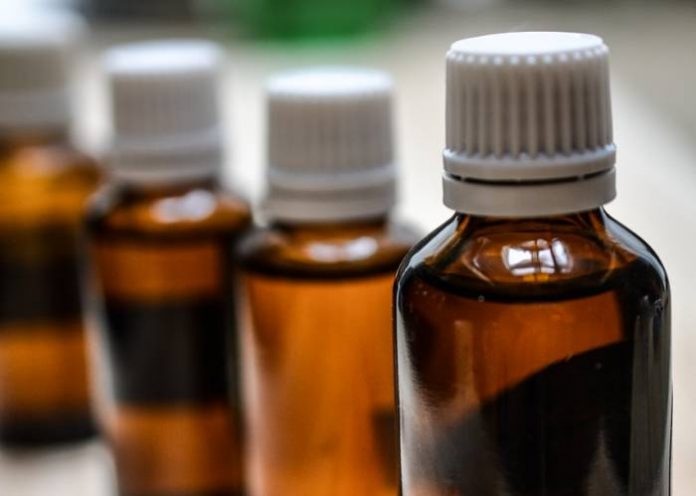A new study lead by a University of Pennsylvania Perelman School of Medicine researcher estimates 70 percent of all cannabidiol products sold online are incorrectly labeled.
Lead author of the study, Marcel Bonn-Miller, PhD, believes the mislabeling of cannabidiol products presents risks for consumers and is the result of inadequate regulation and oversight.
“Selling these oils without oversight, there is no way to know what is actually in the bottle,” said Dr. Bonn-Miller. “It’s crazy to have less oversight and information about a product being widely used for medicinal purposes, especially in very ill children, than a Hershey bar.”
Of 84 products from 31 different companies analysed, 42 percent contained a higher concentration of CBD than indicated. Another 26 percent of products contained a lower concentration of CBD than noted. Only 30 percent of products contained CBD content within 10% of the level listed on the product label.
CBD has a good safety profile in terms of overdosing – it’s underdosing that is probably of greater concern, and the potential for the presence of other compounds.
“People are using this as medicine for many conditions (anxiety, inflammation, pain, epilepsy),” stated Dr. Bonn-Miller. “The biggest implication is that many of these patients may not be getting the proper dosage; they’re either not getting enough for it to be effective or they’re getting too much.”
Another concern was the presence of psychoactive THC in supposed cannabidiol-only products; an issue that can have health and legal impacts.
Dr. Bonn-Miller’s study report, “Labeling Accuracy of Cannabidiol Extracts Sold Online”, was published this week in JAMA. It’s not clear from the release and abstract if all the medical cannabis products involved were purchased from U.S. vendors.
Issues surrounding claims associated with and the quality of cannabis oils purchased online has hit the headlines a few times recently.
Yesterday we reported the US FDA recently sent warning letters to four companies it says were claiming unsubstantiated health benefits in their marketing of cannabidiol products. Last month, we mentioned tainted medical cannabis oil was reportedly being sold in Australia.
Here at Hemp Gazette, we have big hopes concerning the potential of cannabidiol to change medicine and the lives of millions of people for the better. It’s disappointing to think this is being threatened by inexperienced or unscrupulous operators who are giving governments and regulators all the reasons they need to make cannabidiol harder to access, or to maintain draconian regulations – to the detriment of those who could benefit from access the most.


